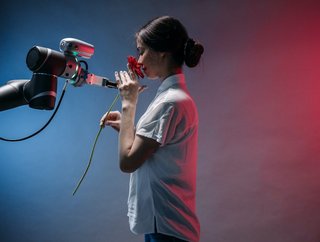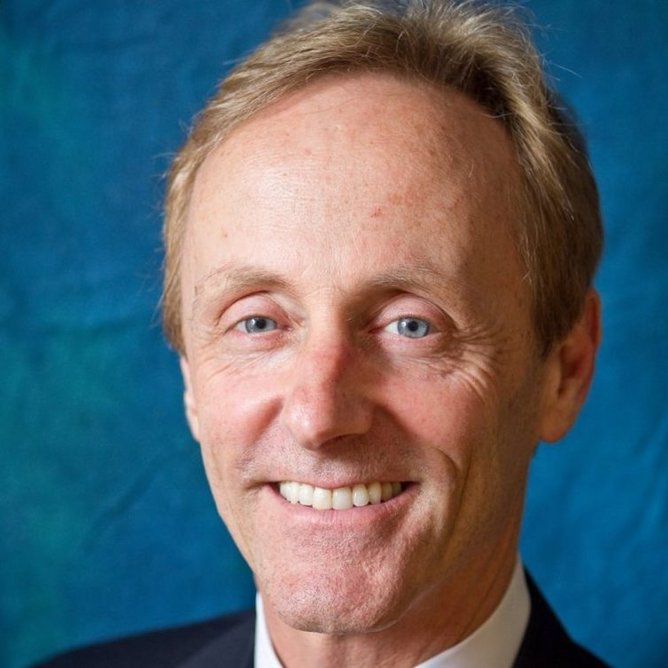Analyst Josh Bersin says AI fears unfounded and offers hope

AI Magazine recently reported on the statement signed by more than 350 signatories at the Centre for AI Safety (CAIS), warning against the potential existential threat posed by increasingly powerful AI.
This fear forms the capstone of all AI-related alarm, but global job displacement and human upheaval is a much more agreed-upon anxiety when it comes to artificial intelligence's potential impact on humanity.
AI's existential threat though, is not one that is being ignored; as the CAIS statement, and the sheer number of signatories demonstrates.
Among the concerned signatories are world-famous AI scientists, professors, COOs and many other notable figures including OpenAI's chief executive, Sam Altman; Google DeepMind's chief executive, Demis Hassabis; and Anthropic's chief executive Dario Amodei.
But not everybody is agreed.
According to Josh Bersin, there is a significant amount of unwarranted fear surrounding AI, and it's crucial to understand the reasons behind these out-of-touch concerns.
Bersin is a well-known and highly regarded research analyst, speaker and writer in the areas of human resources, technology, learning and leadership.
In his recent article titled "Why Is The World Afraid Of AI? The Fears Are Unfounded, And Here’s Why," Bersin addresses several common fears associated with AI and provides insights to debunk them.
Bersin emphasises that AI itself is not inherently evil, out of control, or dangerous. The real danger lies in how we choose to utilise AI.

AI eliminating jobs and disrupting the global workforce?
Bersin argues that previous predictions of job losses due to automation have not materialised in the same way that was projected.
He says that the unemployment rate is currently at its lowest in 55 years, and the demand for workers in various industries remains high.
While middle-class wages may be an issue, it is not solely due to automation. Bersin suggests that AI will create new job opportunities and a demand for skills in managing, training, and supporting AI systems.
AI accelerating income inequality, poverty and homelessness?
Bersin points out that every new technology, including AI, creates new industries and job opportunities.
Bootcamps and community college education programs have made it possible for individuals with a high school degree to pursue careers in computer programming.
Additionally, companies are investing in upskilling programs to help their employees adapt to the changing job landscape.
Bersin highlights that the highest-paid professionals often combine technical skills with soft skills, and careers focused on management, leadership, sales and communication continue to grow in importance.
Misinformation, Cyber warfare, Amplified bias and system destruction?
Bersin acknowledges that AI systems can have biases if trained on limited or biased data.
However, he believes that responsible AI usage is a focus for many HR vendors and that legal and regulatory rules are in place to address biases in HR-related AI products.
Bersin also highlights that humans themselves are prone to biases, and AI-based hiring has been found to be less biased than traditional human interviews.
AI's superintelligence: A threat to humanity?
Bersin argues that such scenarios, as depicted in movies like Ex Machina, are highly unlikely.
While transparency and explainability of AI systems are ongoing challenges, Bersin believes that efforts in these areas will lead to greater understanding and trust in AI technologies over time.
Bersin's position: Hope springs eternal
Bersin says that the positive impact of AI in various industries. He cites examples such as credit card fraud detection, insurance claims processing, noise-cancelling headphones, recruiting tools and talent intelligence platforms.
He mentions the potential for AI to bring spectacular improvements in healthcare, education, art and business, as emphasised by figures like Bill Gates and Michael Bloomberg.
In summary, Josh Bersin argues that fears surrounding AI are largely unfounded and urges readers to have faith in the positive potential of this technology.
He believes that AI will create new job opportunities, improve various aspects of society and contribute to economic growth once concerns and misunderstandings are addressed.






